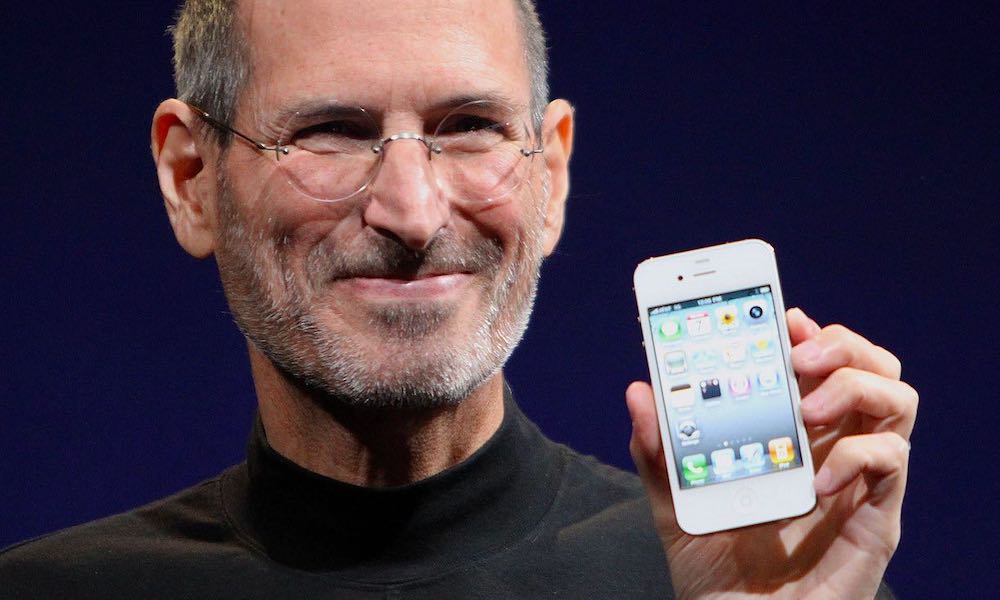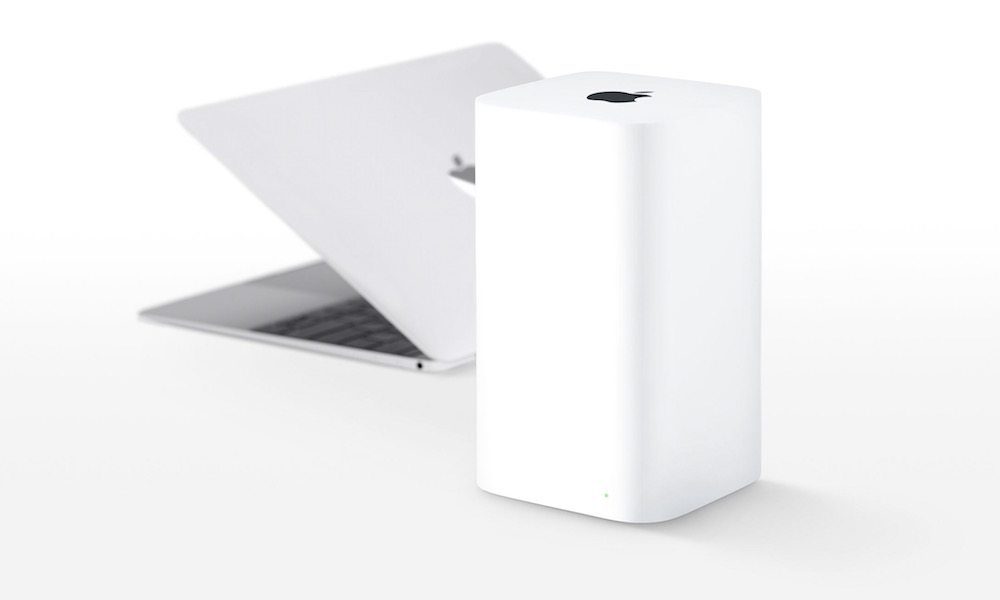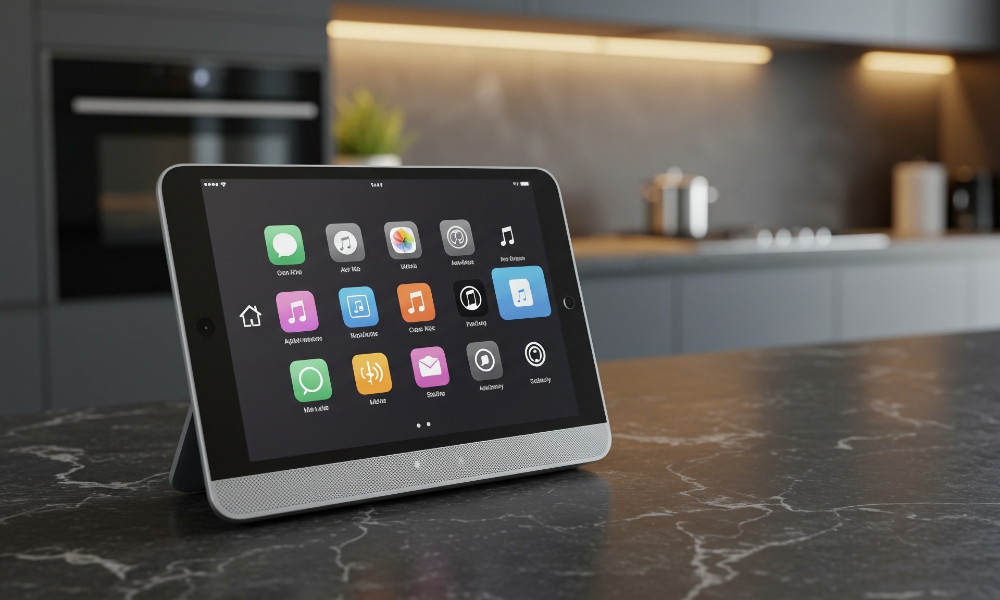Should We Expect New Hardware at Monday’s WWDC25 Keynote?
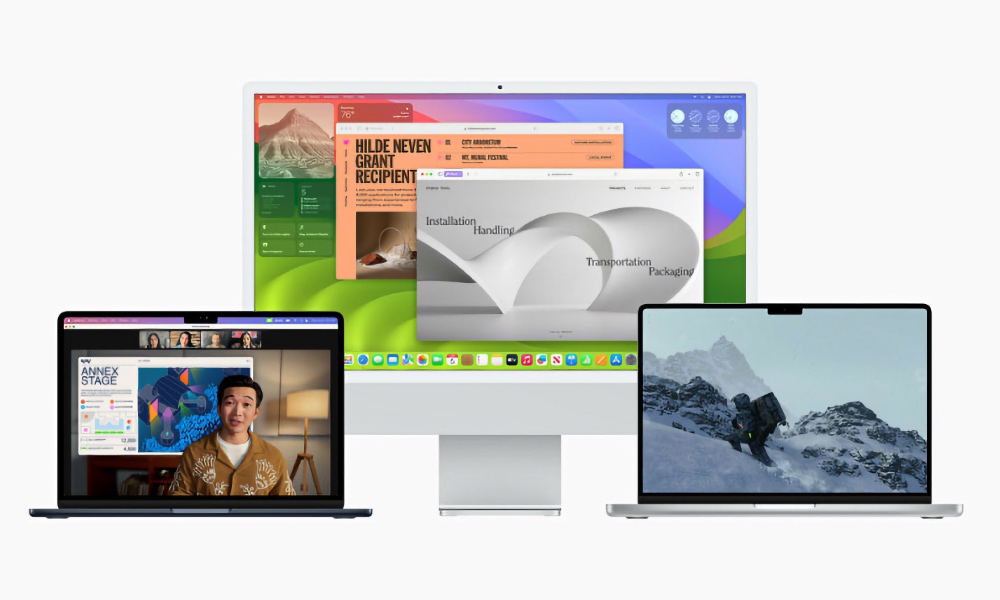
Toggle Dark Mode
While there’s never any doubt that Apple’s Worldwide Developers Conference (WWDC) Keynotes will be filled with software announcements each year, it’s always a bit of a wildcard whether the company will also use the opportunity to unveil new hardware products.
In some years, the company has wowed us with revolutionary new products, like the Apple Vision Pro in 2023. Other WWDC keynotes have also featured new product categories, such as the first HomePod in 2017.
WWDC Keynotes also played a significant role in the first four generations of the iPhone. While Steve Jobs introduced the original iPhone at Macworld 2007 in January, WWDC 2007 ramped things up to another level, offering new insights into Apple’s first smartphone since it wouldn’t hit shelves for another 2–3 weeks. Following that, the iPhone 3G, iPhone 3GS, and iPhone 4 were all announced during June WWDC Keynotes before Apple shifted to fall iPhone events in 2011.
As a developer’s conference, WWDC is also where Apple has always unveiled new Mac Pro models; although there have only been four of those, they were each announced at WWDC keynotes: the original Mac Pro in 2006, the “trashcan” Mac Pro in 2013, the return of the original style Mac Pro in 2019, and the first Apple Silicon Mac Pro in 2023.
Some WWDC Keynotes also usher in more pedestrian hardware updates. New MacBooks were featured in 2009, 2012, 2013, 2017, 2022, and 2023. We also saw the introduction of the 10.5-inch iPad Pro at WWDC 2017 — the only time the event has ever featured an iPad in any form. 2013 also saw the debut of new AirPort Time Capsule and AirPort Extreme models, from those halcyon days when Apple was still in the router business.
However, despite all the WWDC keynotes that have featured new hardware products, far more than have been strictly about the software, especially over the past decade or so. WWDC Keynotes in 2014, 2015, 2016, 2018, 2020, 2021, and 2024 offered no tangible hardware products, although some included hardware-adjacent announcements, such as the debut of Apple Silicon at WWDC 2020. However, while this culminated in the M1 MacBook lineup later that year, we didn’t even know what the chips were going to be called until Apple held its fall Mac event.
Last year’s WWDC keynote was similarly devoid of hardware announcements. Apple had cleared the decks in the weeks leading up to WWDC24 by releasing the new M4 iPad Pro and M2 iPad Air models less than a month earlier, perhaps partly to give it more time to showcase Apple Intelligence, which took up over a third of the keynote.
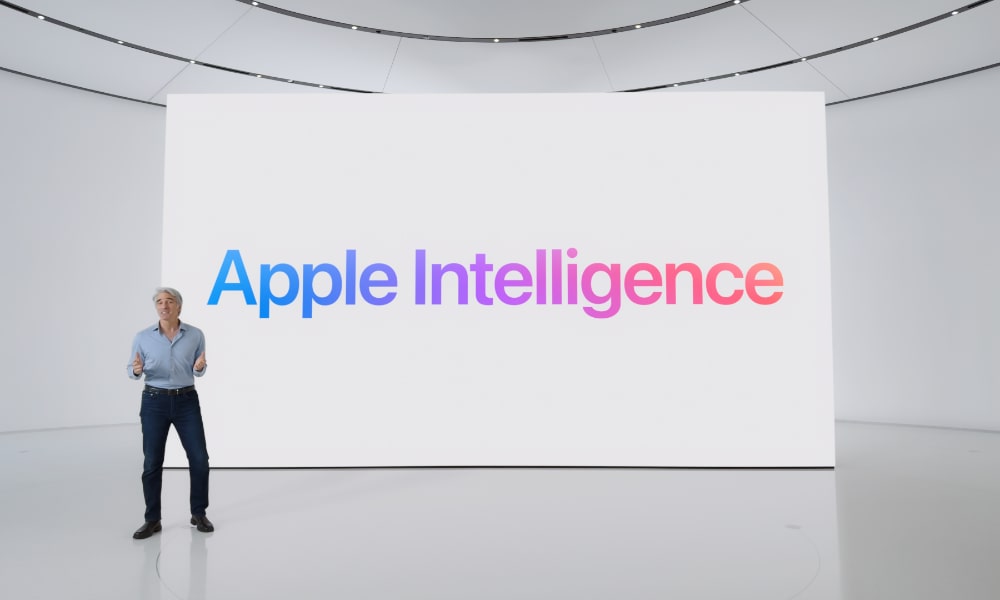
While Apple is expected to spend far less time talking about AI features this year, it’s similarly released most of the hardware we’d expect to see for 2025. Even this year’s Mac Studio, which was last refreshed with an M2 Ultra chip at WWDC23, was released in March, alongside a new M3 iPad Air, A16-powered iPad, and M4 MacBook Air lineup. The iPhone and Apple Watch are traditionally September releases, and the MacBook Pro has also fallen into an October cycle. AirPods have also long been on a fall schedule.
The Mac Pro is arguably overdue for an Apple silicon update, and with the Mac Studio only getting an M3 Ultra chip, some believe Apple is saving the M4 Ultra for a Mac Pro announcement this week. However, it also looks likely that Apple will skip the M4 Ultra. Apple could still unveil a more modestly updated Mac Pro with specs similar to the Mac Studio to bring it up to the latest generation of Apple Silicon. Still, we’ve heard very little about a new Mac Pro from the rumor mill.
A few months ago, there was one device that many believed we’d see at WWDC25: An Apple Smart Home Hub to accompany a rumored new homeOS operating system. However, reports in March suggested that the new device relies heavily on Apple’s Siri improvements, which Apple has been struggling with. Most reliable reports now say that it won’t be ready until 2026.
It’s still possible Apple might announce the Home Hub at WWDC, much like it did with the HomePod in 2017. However, while that didn’t go on sale until February 2018, it was originally Apple’s intention to have its first smart speaker in customer’s hands much sooner. If the Home Hub is truly farther off — and if Siri is the reason for its delay — Apple might be a bit gun-shy about pre-announcing it until it knows it can deliver it on time, especially after its failed promise of a more personalized Siri in iOS 18.
Nevertheless, while the likelihood of new hardware is slim, it’s always best to leave a little room for Apple to surprise us with “one more thing.” Smaller updates can easily fly beneath leakers’ radars, and we’ve often seen new updates come out of the blue, especially when they’re relatively minor refreshes to existing form factors like the HomePod or Apple TV.
[The information provided in this article has NOT been confirmed by Apple and may be speculation. Provided details may not be factual. Take all rumors, tech or otherwise, with a grain of salt.]


